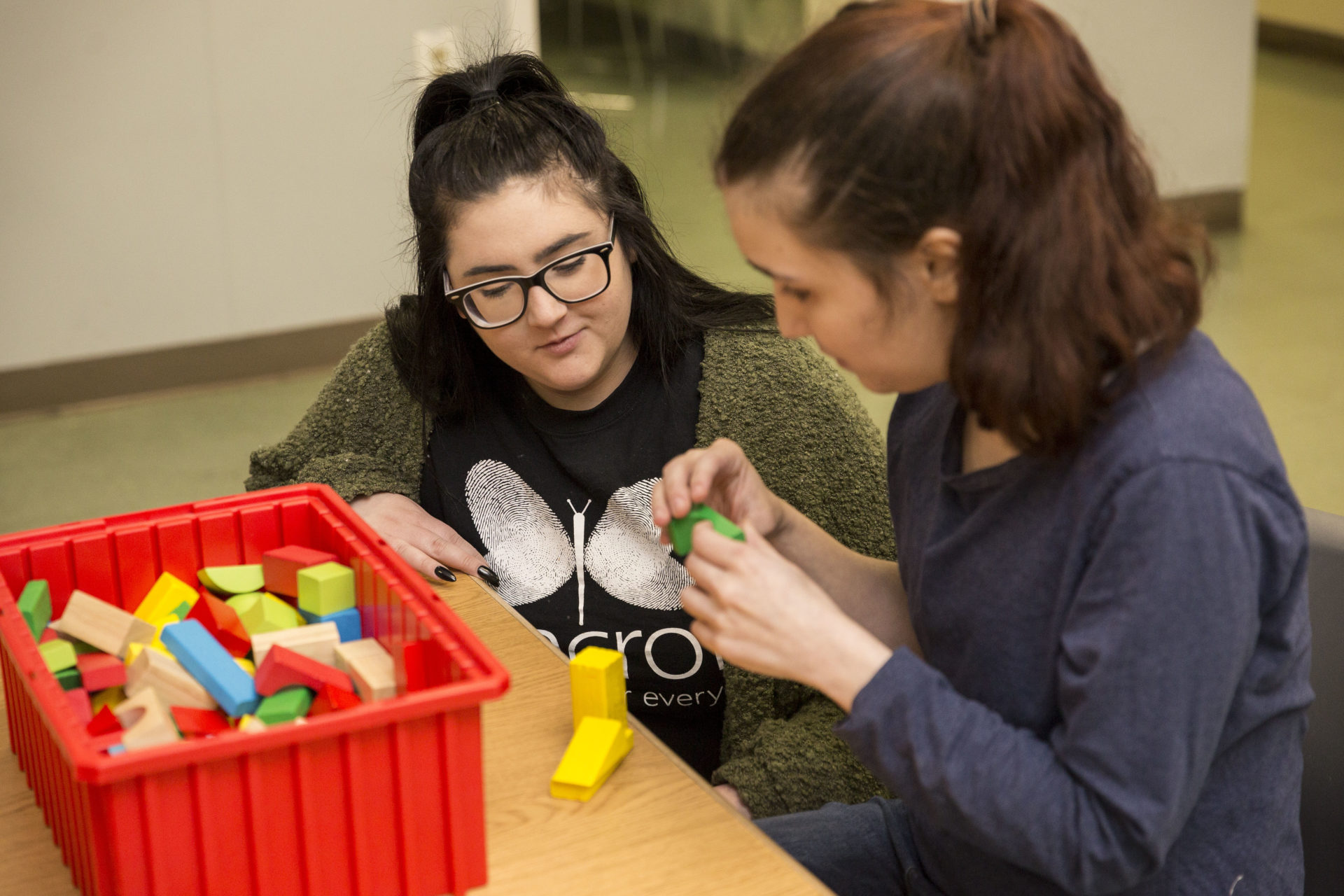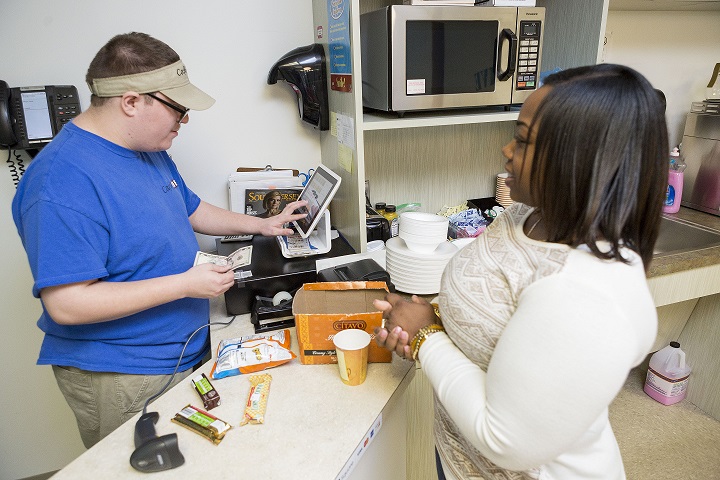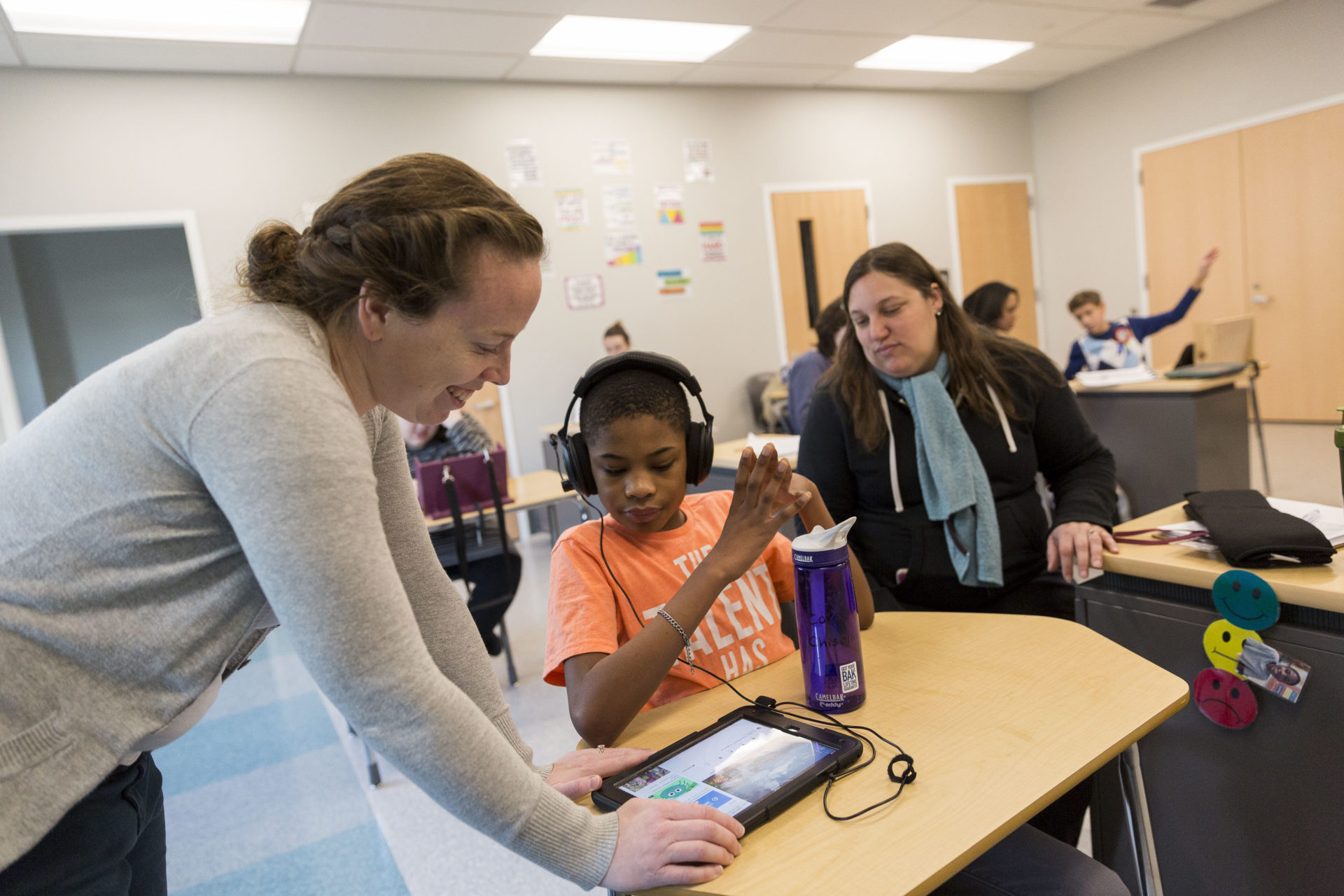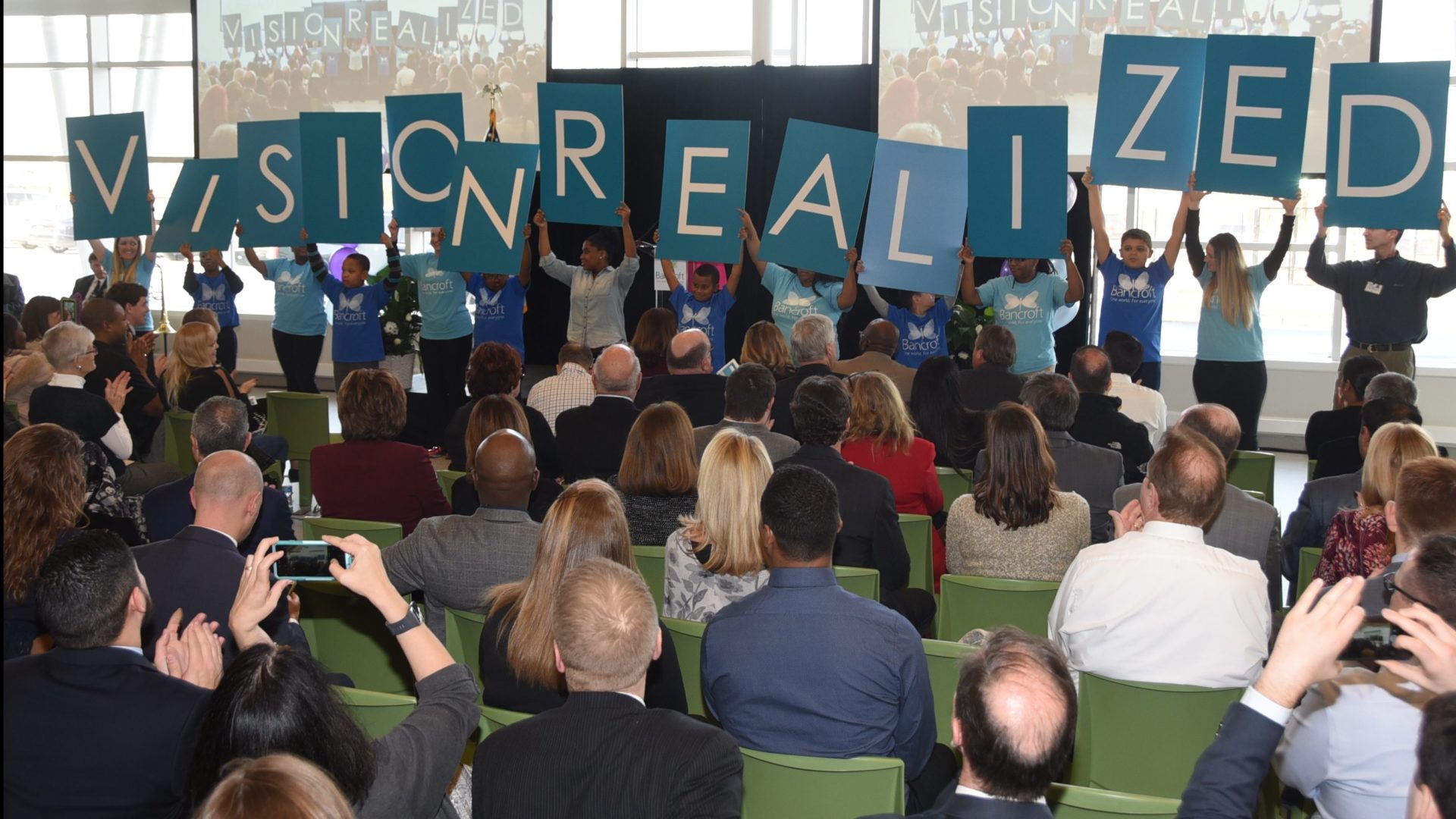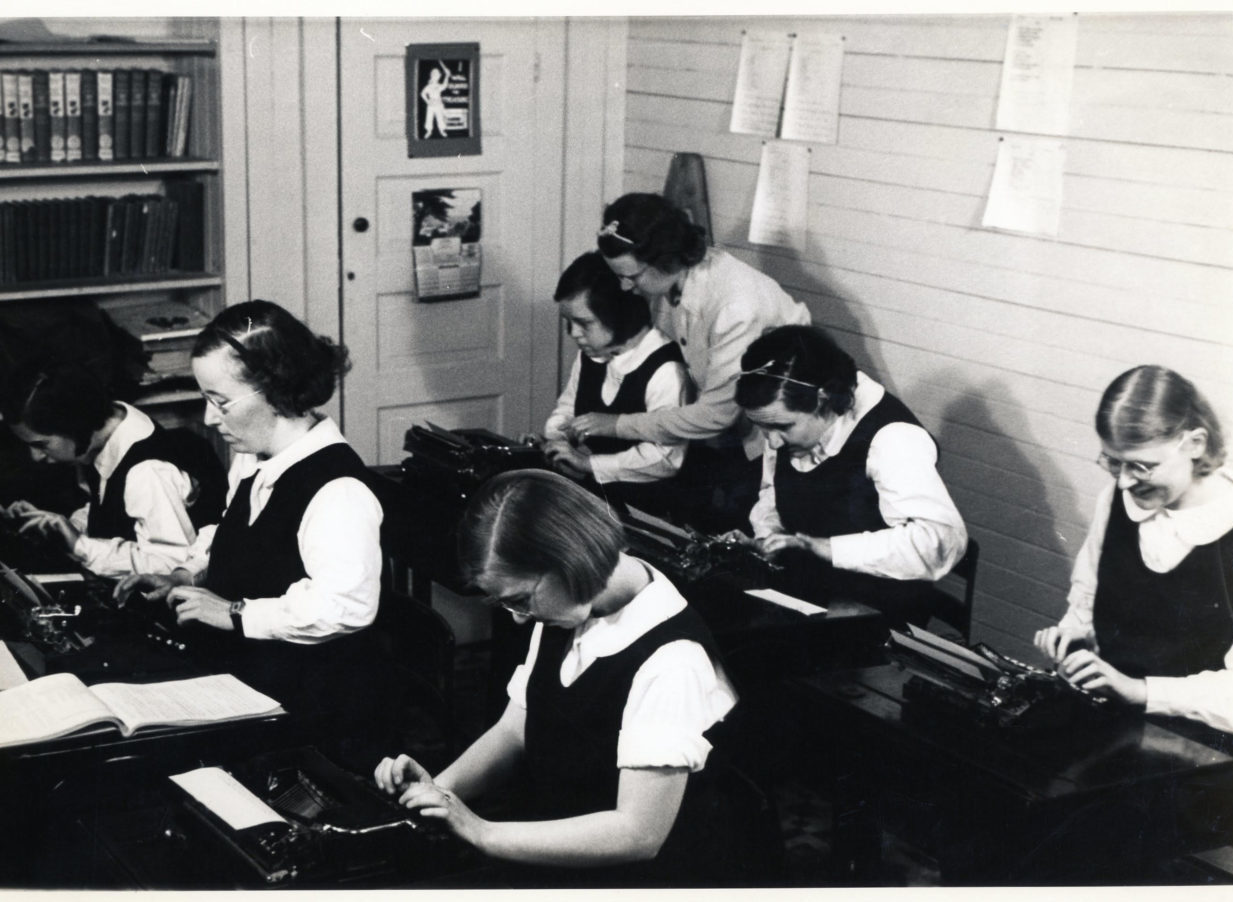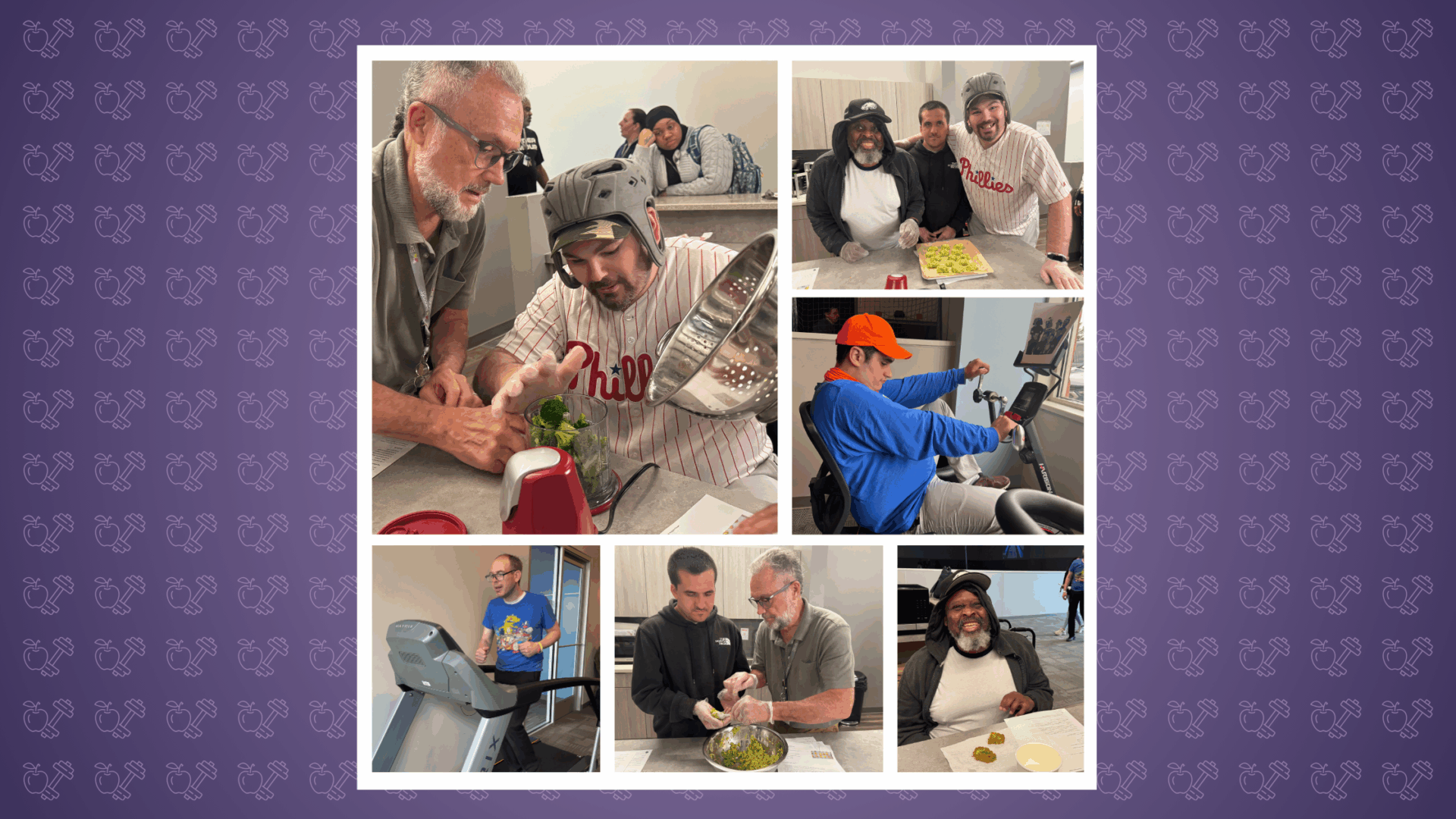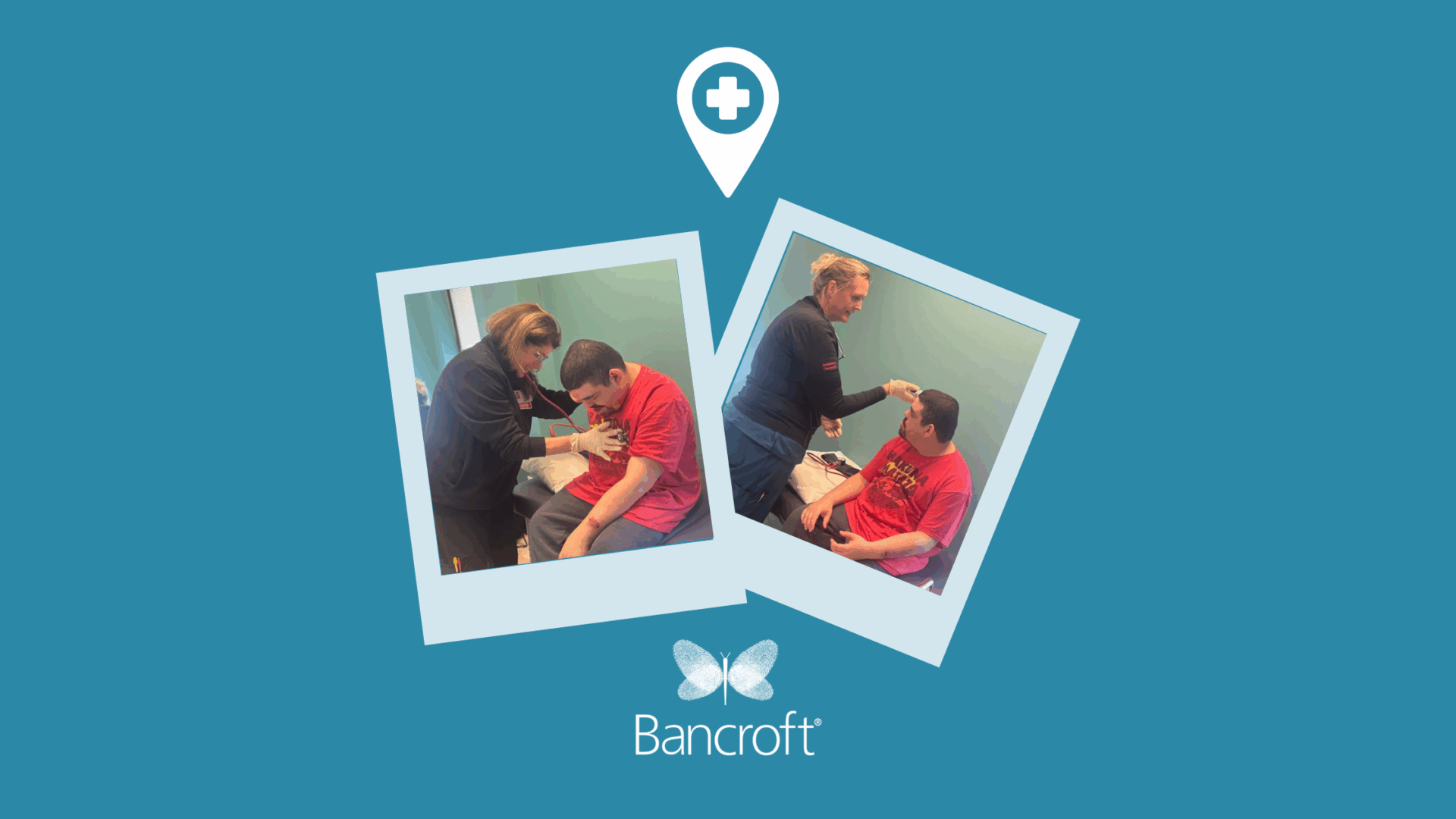If your children fear the physician, dentist or even hairstylist, you’re not alone. And for children with autism and other intellectual disabilities, fear can lead to major meltdowns. One local Advance Practice Nurse who treats this population provides insight for parents.
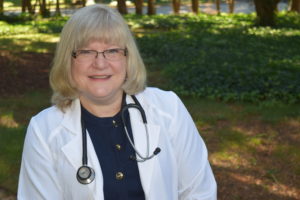 Contributor: Lisa Alberts APRN-BC, PMHNP-BC, APN Leader, Acute Behavioral Health at The Bancroft School and Marcroft Medical Associates
Contributor: Lisa Alberts APRN-BC, PMHNP-BC, APN Leader, Acute Behavioral Health at The Bancroft School and Marcroft Medical Associates
If your child or adolescent fears the physician’s office, you’re not alone. And if you have a child with autism or another intellectual or developmental disability, a doctor’s visit can be more than nerve-wracking – it can become nearly impossible! In fact, for a child with a sensory sensitivity or communication barrier who may not be able to effectively communicate his or her fears, a simple mention of a doctor’s visit – or even driving through the neighborhood of the medical practice – can incite fear, anxiety and challenging behaviors.
As an Advanced Practice Nurse at Voorhees-based Marcroft Medical Associates, an affiliated medical practice of Bancroft, who treats individuals with autism and other disabilities, I’ve seen what strategies work best for parents of children who fear the doctor. Fortunately, many of these apply to all children and families!
Before your child’s next physical or medical intervention, remember these tips:
Rest Up!
For a child who normally comes home right after school, a 4 p.m. appointment can make the day feel endless. Discuss the long day with your child the night before, so he knows what to expect, and try to get to sleep a little earlier than normal. The extra shut eye will help keep energy levels up late into the next day.
Pack Snacks!
If your child is fearful of his appointment, becoming “hangry” will only elevate his stress. Pack a cooler with his favorite snacks and drinks – even a treat or two – to keep after-school hunger and anxiety at bay. He may even begin to look forward to a special snack – something he doesn’t normally enjoy on school days – when he knows he’s visiting the doctor.
For sensory-sensitive kids, comfort items such as stress balls, stuffed toys, Play-Doh or pre-programmed headphones with favorite music can help, too.
Bring a Helper!
For parents of very little ones, or with more than one child, bringing a helper to appointments makes a world of difference. Quiet games and electronics can help too, but nothing beats one-on-one attention from a preferred adult. If your child fears the doctor, bringing a favorite grandparent or older cousin or friend along to help occupy him during his wait can improve his mood considerably and reduce stress for you, too
Do Your Homework (and ask for copies)!
I’ve seen tough medical appointments become even more stressful when a parent is trying to calm and comfort a child while simultaneously trying to complete complex paperwork, take notes and ask the right questions. I advise parents to prepare paperwork in advance (many medical offices will provide this electronically well before your appointment date), write all questions down beforehand, and even request a copy of the appointment notes. It’s easier to focus on an upset child knowing you can comb through your notes afterward.
With flu season just around the corner, area families will surely be paying their fair share of visits to the doctor’s office, so keep these in mind for medical services, dentist visits and even haircuts!
A little advanced planning and communication with your child regarding expectations can go a long way to easing fears and anxieties regarding all types of appointments – for the patients, the parents and the physicians and nurses who treat them.
Marcroft is a specialized medical practice of psychiatric, behavioral health and neurological experts who practice an interdisciplinary approach to treating people with neurological conditions as well as those with autism, intellectual and developmental disabilities throughout their lives. Specializing in psychiatry, behavioral health and neurology, our expert team of physicians and clinicians provide world-class care.
Marcroft is conveniently located in Voorhees, N.J., and is the affiliated medical practice of Cherry Hill-based Bancroft. If you or a loved one could benefit from Marcroft’s specialized services, visit MarcroftMedical.com or dial 856-524-7243




